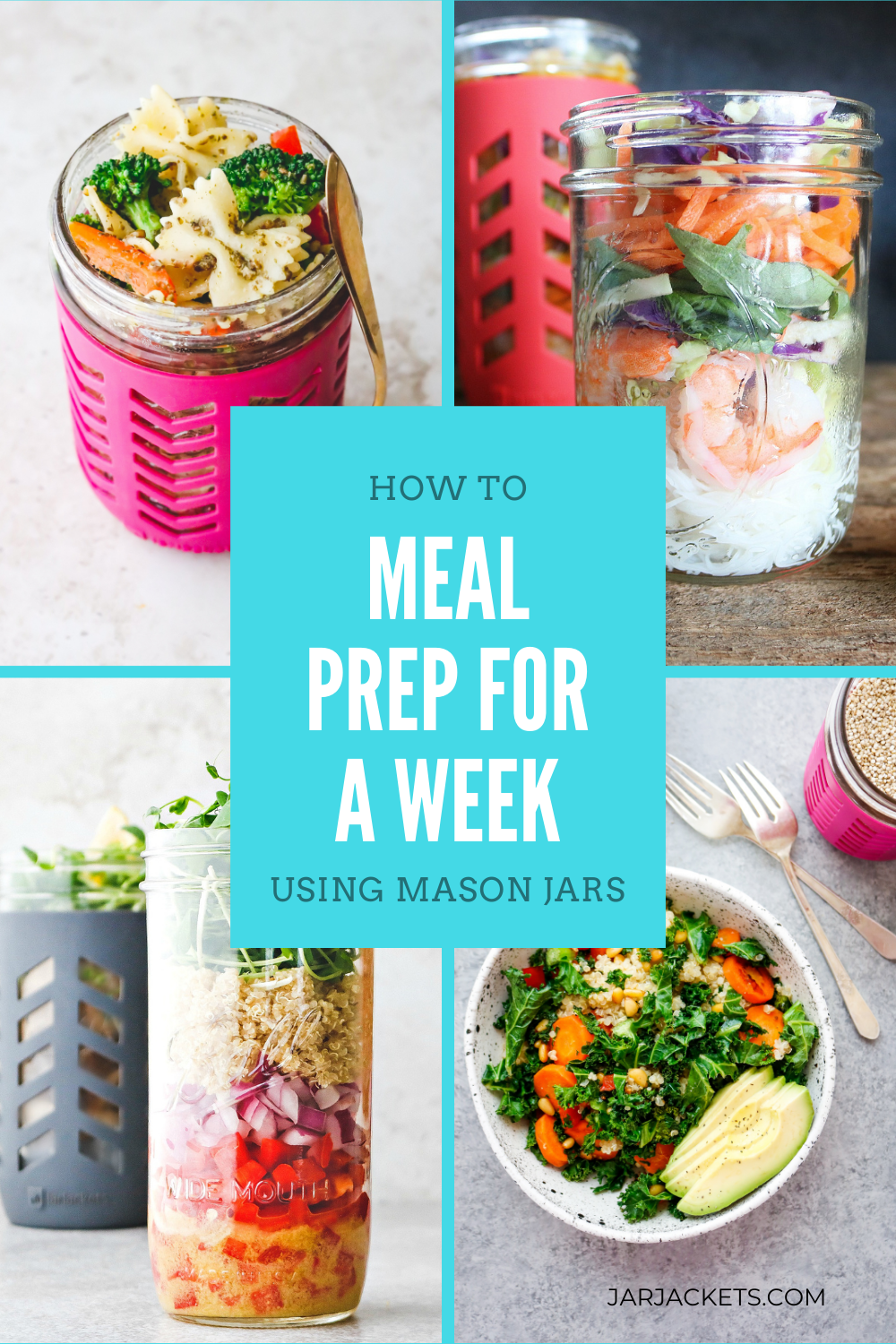Your Cart is Empty
FREE SHIPPING (US ONLY) ON ORDERS OVER $20
FREE SHIPPING (US ONLY) ON ORDERS OVER $20
March 12, 2025 4 min read

You hear a lot about this trendy drink these days, but is matcha tea good for you? And, if so, what are the specific matcha tea health benefits?
Before we get into that, let’s take a look back. Although matcha tea is indeed trendy, it can be traced a full thousand years back to the Tang Dynasty in China. Matcha eventually made its way to Japan, where it became part of the traditional tea ceremony built on the principles of harmony, respect, purity and tranquility.
Matcha tea is made from green tea leaves but is considerably more potent than green tea thanks to the methods used to grow it. About 30 days before the tea leaves are harvested, they are shaded from the sun to spike chlorophyll levels.
The leaves are then ground into a fine powder, which can be made into a tea, put in smoothies or even used in baked goods or other recipes Unlike green tea, which is steeped, all of the nutrients in matcha are consumed and taken in by the body.
Here’s what emerging research is finding about the many matcha tea health benefits.
Green tea is full of powerful antioxidants that several studies have linked to a lower risk of heart disease. A 2011 analysis, for example, found that green tea consumption resulted in significant reductions in serum total cholesterol and LDL-cholesterol concentrations.
Another study, published in 2020, found that the polyphenols found in all tea—but present in even greater amounts in green tea and matcha—improve cell function in the heart and blood vessels, leading to a decreased risk of heart attack or stroke.
Imagine drinking a cup of matcha tea and then going for a brisk 30-minute walk. Sounds like a great afternoon, right? Now imagine that one-two punch resulting in enhanced fat oxidation. Your afternoon just got even better.
And yet that’s exactly what one study published in the Human Kinetics Journal found, stating that: “Matcha green tea drinking can enhance exercise-induced fat oxidation in females.”
So here’s an idea: Go for a walk and pick up a matcha tea at Starbucks, then walk home. You’ll be enjoying the fresh air, getting some exercise and burning fat—all at the same time.
Remember those antioxidants we just talked about? They’re good for your heart and your brain. The antioxidants in matcha are speculated to bind to free radicals in the brain and then neutralize them.
In fact, matcha may even make you a little bit smarter. A 2014 study found that green tea consumption may improve cognitive function in the elderly.
Does matcha tea have caffeine? Yes, but the energy it gives you will leave you feeling very different than your morning coffee does.
That’s because, in addition to caffeine, matcha tea also contains an amino acid called L-theanine, which is known to promote a feeling of relaxation.
The result is increased energy, but without the jitters that coffee can cause. You’ll feel motivated, but relaxed. And this calm energy will last for six to eight hours.
In fact, Buddhist monks are said to enjoy matcha tea as a way to maintain a state of relaxed alertness while meditating.
A large Japanese study found that drinking five to 10 cups of green tea a day was associated with improved liver health. Another smaller study found that people with fatty liver disease saw improvements in their liver enzymes after drinking green tea for 12 weeks.
Remember how we said matcha is made from tea leaves that are shaded from the sun to increase chlorophyll levels? The result is a taste that many describe as green or grassy.
That flavor is followed up by a creamy/buttery taste that is especially noticeable in high-quality (also called ceremonial grade) matcha. Finally, you’ll taste just a bit of sweetness.
Many matcha fans find that matcha tea with milk is especially good. Regular milk, almond, soy and coconut milk all work.
Because matcha tea comes in a powder form, it’s easy to blend it into just about any recipe from cookies to smoothies. (Scroll to the bottom of this page to check out an amazing Mint Chip Matcha Green Tea Smoothie.)
You’ll even find entire cookbooks dedicated to matcha with recipes for matcha cookies, muffins, soups frittatas and more.
Spend five minutes on the internet and you’ll find a slew of other impressive health claims. Proponents of matcha tea say that it may reduce blood sugar, slow down aging, bump up your immune system to protect against illness, fight cancer and more.
The trials haven’t been done to support all of these claims yet, but there is one thing that nobody would dispute: Matcha tea is a powerful source of antioxidants that are good for you.
With so many mood and health benefits, it might be time to give matcha a try if you haven’t already. In fact, the only thing we like better than matcha is matcha in a Mason jar so we can sip it on the way to work, school pick-up or while running errands. JarJackets make it easy to take your drink on the road. The 100 percent non-toxic silicone sleeves are safe to put in both the dishwasher and the microwave.
Beverages
1
5
Ever tried a Matcha Frappuccino at Starbucks? If you have you know they are insanely crave-worthy. Next time you feel the urge, try this guilt-free version instead.

1 1/2 cups full fat coconut milk
1/2 a medium ripe frozen banana
1/4 cup fresh mint leaves
1 tsp matcha green tea powder
1 tbsp raw honey (optional)
2 tsp cacao nibs + extra for serving
1 sprig mint, for serving
Combine ingredients in a high speed blender and blend until smooth.
Pour into a 16 ounce glass and top with additional cacao nibs and a sprig of mint.
Comments will be approved before showing up.

April 26, 2025 6 min read
We all like the idea of making our families healthy meals, saving money and doing our part to cut down on waste.
But we also like the idea of getting a good night’s sleep, not having a huge mess to clean up in the kitchen after dinner and — just maybe — having time to watch a bit of Netflix or read a book.

April 16, 2025 4 min read

April 09, 2025 2 min read